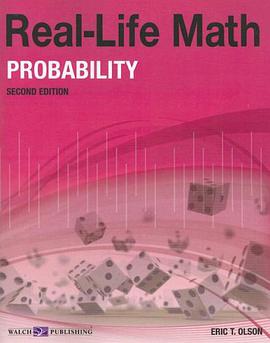

This book addresses the authority of the Security Council to regulate the use of force. In particular it examines the question whether the present composition, functions and powers of the UN Security Council are adequate to meet recent demands such as the need perceived by states to use force in cases of humanitarian emergency and pre-emptive action in response to international terrorism and proliferation of weapons of mass destruction. Is the Security Council still well positioned today to deal with these demands and challenges? In seeking a response, the book analyses both the Charter law and Security Council practice. Not only the hotly debated recent crises concerning 'Kosovo', 'Afghanistan' and 'Iraq' are addressed, but also resolutions dealing with the use of force by peacekeeping operations. A number of issues relating to the right of self-defence are analyzed, as well as the emerging new roles of NATO and the African Union. Separate chapters of the book are devoted to the current discussion concerning the reform of the Security Council. A particular feature of the book is the interaction between academics and practitioners as well as between theory and reality.
具体描述
读后感
评分
评分
评分
评分
用户评价
相关图书
本站所有内容均为互联网搜索引擎提供的公开搜索信息,本站不存储任何数据与内容,任何内容与数据均与本站无关,如有需要请联系相关搜索引擎包括但不限于百度,google,bing,sogou 等
© 2025 book.wenda123.org All Rights Reserved. 图书目录大全 版权所有




















